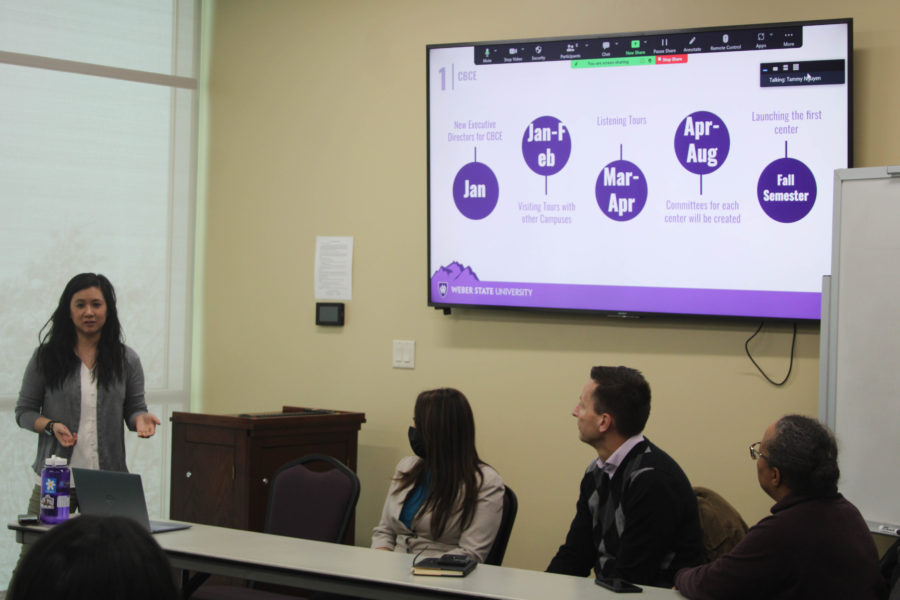Although so many resolutions are broken, research from an article published in the Journal of Clinical Psychology by John C. Norcross, Marci S. Mrykalo and Matthew D. Blagys suggests that people who make explicit resolutions are 10 times more likely
to attain their general goals than people who do not. Almost half of the American adult population makes at least one New Year’s resolution each year, and only half of them maintain their resolutions for more than six months.
A poll conducted by LA Fitness reported in the article “Top 40 Popular Resolutions for 2013 Revealed” by Ben Lee determined that among the most popular New Year’s resolutions are to save money, to lose weight, to redecorate and to travel. The most popular resolution it found is to read more books. Other resolutions included spending more time with family and spending less time on Facebook.
Jeremy Jarvey, a Weber State University employee who works in web design, made the same resolution this year that he has made every year, which is to lose weight. From his experience, he said, the best way to keep resolutions is to take small steps and not put too much pressure on oneself.
“I think you should allow yourself to fail a little bit and just try to get back on track if you stumble,” he said.
Jarvey said he is confident he will be able to keep his resolution, at least for a few more months.
Some students, like Paul Barney, found it unnecessary to make resolutions at all.
Barney, a senior studying communications, said that, while it is great to have New Year’s resolutions, most people unfortunately don’t stick to them.
“In order for something to be a resolution, it needs to be continued,” he said. “In fact, a successful New Year’s resolution shouldn’t start at the New Year. To be successful, you should start mid-November, to get into the habit of keeping your resolution.”
A study recently published in the European Journal of Social Psychology by Ben D. Gardner Sood determined it takes an average of 66 days of repeated action for something to become a habit. So, theoretically, if one resolved to run a mile every day, one would have to do so for 66 days before he or she was able to do it easily through the force of habit.
Hannah Isaacson, junior, resolved in the new year to turn in her homework on time.
“Doing my homework on time is my resolution not just for the year, but for the rest of my time in school,” she said. “A lot of times, when it is a New Year’s resolution, the new year wears off and so does the resolution.”
Isaacson said she thinks she will definitely keep her resolution and that keeping it will help her be a better student in general. Last year, she resolved to exercise daily, and she has been doing so ever since.
“I found that it was really hard at first, but then it gets easier,” she said. “If you can just get past the initial stages where it is a bit harder, it does get much easier.”














